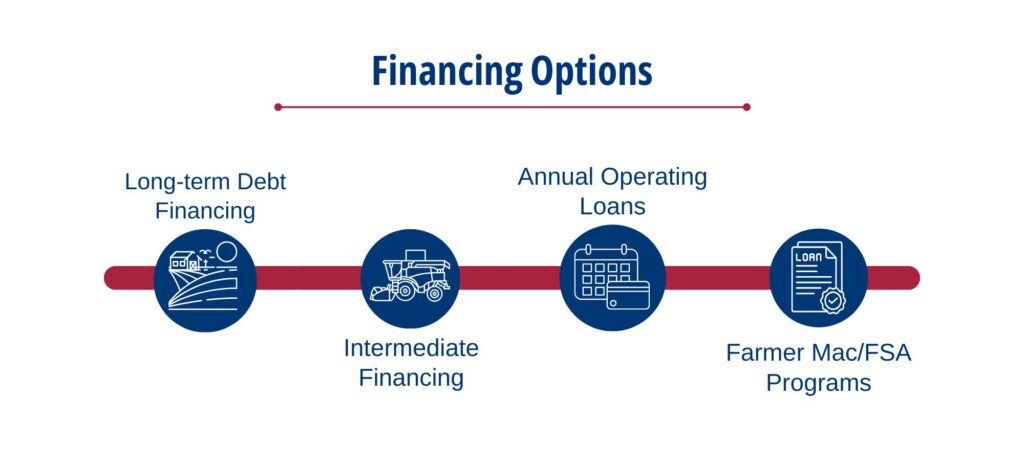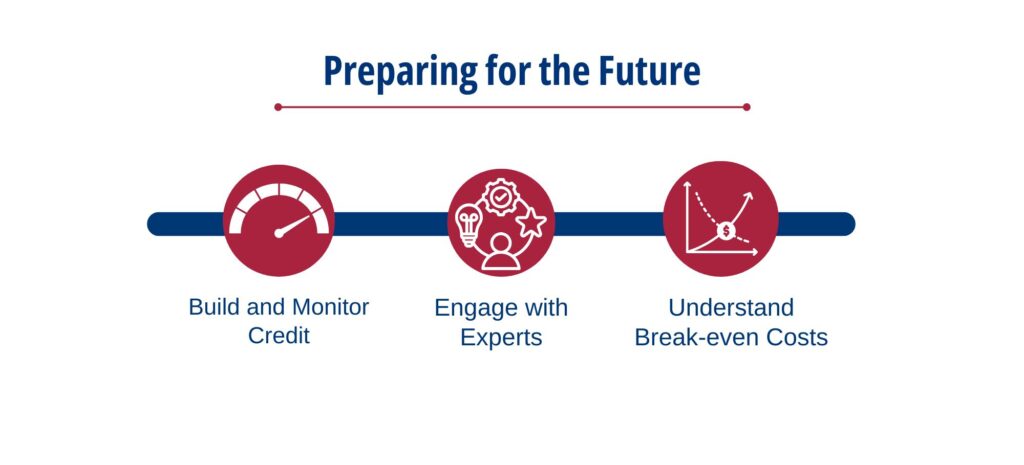In a recent segment of Ask the Expert on KWLM, Chuck Nolting, Ag Relationship Manager at Heritage Bank NA, shared valuable information about the challenges and opportunities currently facing farmers and the agricultural industry. With over 25 years of experience in agronomy (the science of soil management and crop production) and agricultural finance, Nolting has a wealth of knowledge that can help farmers, ag lenders, and ag investors understand today’s market better.
Economic Challenges Facing Farmers in Minnesota
Many farmers are dealing with economic issues that remind us of the years before the COVID-19 pandemic. According to Nolting, grain prices are still lower than what farmers hope for, while the costs for inputs—like seeds, fertilizer, and equipment—are going up. This combination makes it challenging for farmers to make a profit. On top of this, the increasing interest rates are raising the cost of borrowing money, which puts even more pressure on farmers. However, some good news is on the horizon: experts predict that interest rates may decrease by about 2% in the next 16 to 18 months, which could ease financial stress for many.
Heritage Bank’s Support and Resources
Heritage Bank NA is dedicated to helping farmers by offering various financing options to meet their specific needs. Nolting explained several key services they provide:

- Long-term Debt Financing: This type of financing can help farmers buy real estate, with loan terms ranging from 5 to 25 years. Heritage Bank offers flexible, customized financing solutions, allowing farmers to choose options that fit their unique situations.
- Intermediate Financing: For farmers looking to purchase machinery or equipment, Heritage Bank provides financing options with terms of about 5 to 7 years, often with variable interest rates. This type of financing is essential for farmers to keep their operations running smoothly and efficiently.
- Annual Operating Loans: These short-term loans, or lines of credit, are designed to help cover yearly expenses, including input costs and land rent. This support is critical for farmers navigating the annual crop production cycle.
- Programs through Farmer Mac and FSA: Nolting highlighted how beneficial it can be to utilize guarantees from Farmer Mac. These guarantees can help farmers whose financial situations may not be as strong. Additionally, the Farm Service Agency (FSA) offer programs specifically for beginning farmers and first-time borrowers, helping newcomers in the farming business get started on the right foot.

Embracing New Technologies
Technology is rapidly advancing in agriculture, offering new ways for farmers to boost productivity and profitability. Nolting mentioned several innovative practices that are gaining popularity:
- Variable Rate Technology: This technique allows farmers to adjust inputs like fertilizer and herbicides based on the specific needs of different areas within a field. This not only optimizes resource use but can also lower overall costs.
- On-demand Spraying Solutions: Modern sprayers can detect weeds and apply herbicides only where needed. This targeted approach increases efficiency and reduces waste.
- Drones and Driverless Equipment: Drones are becoming essential tools, especially during wet seasons, while autonomous machines are being tested to help tackle labor shortages by performing tasks like spraying and tillage.
- Carbon Credits and Regenerative Agriculture: Although still somewhat unregulated, programs for carbon credits are emerging, allowing farmers to earn money by demonstrating sustainable practices. Techniques like cover cropping and improving soil health not only benefit the environment but may also provide new sources of income.

Preparing for the Future
For younger and beginning farmers, Nolting shared some important advice on how to succeed in today’s economic landscape:
- Build and Monitor Credit: A good credit score is crucial for obtaining financing. Farmers should keep an eye on their borrowing capacity and work on strengthening their financial health.
- Engage with Experts: Seeking advice and mentorship from experienced farmers and agricultural professionals can provide valuable insights and guidance.
- Understand Break-even Costs: Knowing the cost of production per acre is essential for making informed decisions about what to plant and how to market crops.
Long-term Planning and Transitioning
As many farmers are approaching retirement, planning for the future of their operations is becoming increasingly important. Nolting urged farmers to think about their long-term goals and how they will transition their farms. Whether passing the farm to a family member or selling it to a new farmer, having a solid plan is key to ensuring the success and continuity of the farm for future generations.
Wrapping Up
Heritage Bank NA is dedicated to supporting the agricultural community by providing tailored financial solutions and expert guidance. Farmers who want to discuss their financial needs, investigate new opportunities, or seek advice on navigating the current challenging landscape are encouraged to reach out. With a wealth of knowledge and resources, farmers can find the support they need to thrive in today’s ever-changing economic climate. So, let’s harness the power of technology, embrace new opportunities, and work together towards a sustainable and prosperous future for all in the agriculture industry. Let Heritage Bank NA be your partner on this journey. Happy farming!







